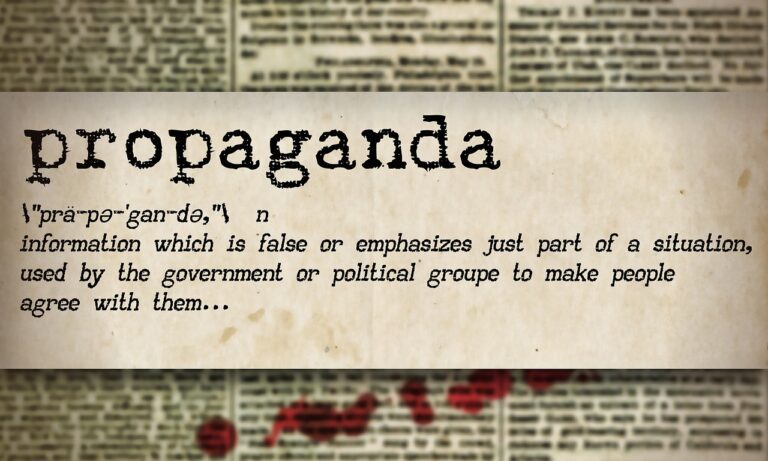Understanding the Benefits of Experiential Learning in Career and Technical Education (CTE): Developing Hands-On Skills for the Workplace
Experiential learning plays a vital role in career and technical education by providing students with practical, hands-on experience that complements their theoretical knowledge. This approach allows students to apply what they have learned in the classroom to real-world situations, helping them develop critical thinking skills and problem-solving abilities that are essential in the workforce. By engaging in experiential learning activities such as internships, apprenticeships, and project-based learning, students can gain valuable insights into their chosen field and build a strong foundation for future career success.
Furthermore, experiential learning helps students bridge the gap between theoretical concepts and practical applications, enabling them to see the relevance of their education in a real-world context. By actively participating in hands-on activities, students can develop technical skills, communication skills, and teamwork skills that are highly sought after by employers. This approach not only enhances students’ learning experiences but also prepares them for the demands of the modern workplace, where practical knowledge and problem-solving abilities are valued assets.
The Role of Hands-On Skills in Career Development
Hands-on skills play a crucial role in the career development of individuals across various industries. The ability to apply theoretical knowledge in practical settings not only enhances one’s understanding of a subject but also boosts their confidence and competence. By engaging in hands-on activities, individuals can develop critical thinking, problem-solving, and decision-making skills that are essential in the professional world.
Moreover, hands-on skills provide individuals with a unique opportunity to gain real-world experience and expertise. In today’s highly competitive job market, employers increasingly value candidates who possess practical skills along with academic qualifications. Hands-on learning allows individuals to demonstrate their ability to execute tasks, work independently or collaboratively, and adapt to different situations, making them more desirable candidates for potential employment opportunities.
Bridging the Gap Between Classroom Learning and Real-World Applications
Experiential learning plays a crucial role in enhancing students’ understanding and application of theoretical concepts learned in the classroom. It is through hands-on experiences that students are able to bridge the gap between what they have learned in textbooks and how it is actually implemented in real-world scenarios. By engaging in practical activities, students can develop critical thinking skills, problem-solving abilities, and a deeper appreciation for the subject matter.
Career and technical education programs that incorporate experiential learning opportunities provide students with the chance to apply their knowledge in a tangible way. This not only helps them remember and internalize information better but also prepares them for the demands of the workplace. By immersing students in real-world applications of their learning, educators can better equip them with the skills and confidence needed to succeed in their future careers.
• Experiential learning enhances students’ understanding and application of theoretical concepts
• Hands-on experiences help bridge the gap between classroom learning and real-world applications
• Practical activities develop critical thinking skills, problem-solving abilities, and deeper subject matter appreciation
• Career and technical education programs with experiential learning opportunities prepare students for the workplace
• Immersing students in real-world applications equips them with skills and confidence for future careers.
Why is experiential learning important in career and technical education?
Experiential learning helps students apply theoretical knowledge to real-world scenarios, enhancing their understanding and skill development.
How do hands-on skills contribute to career development?
Hands-on skills are essential for success in many professions, as they allow individuals to demonstrate practical abilities and problem-solving skills in the workplace.
What are some strategies for bridging the gap between classroom learning and real-world applications?
Some strategies include internships, apprenticeships, project-based learning, and industry partnerships to provide students with hands-on experiences and exposure to the professional environment.
How can educators incorporate experiential learning into their teaching methods?
Educators can incorporate experiential learning by integrating practical activities, simulations, case studies, and real-world projects into their curriculum to engage students and enhance their learning experience.







